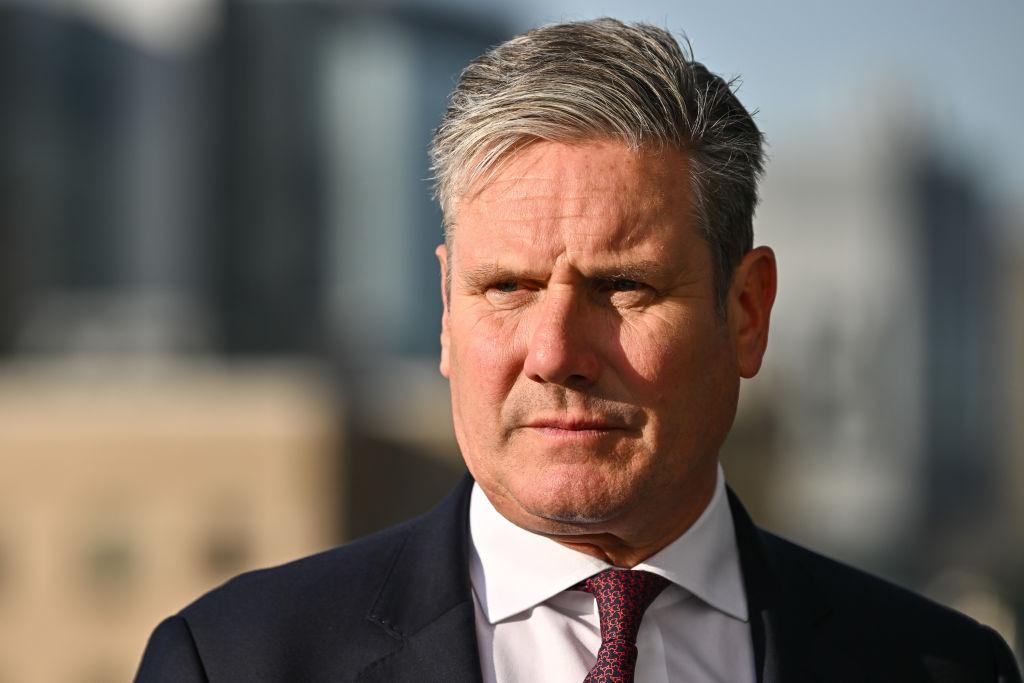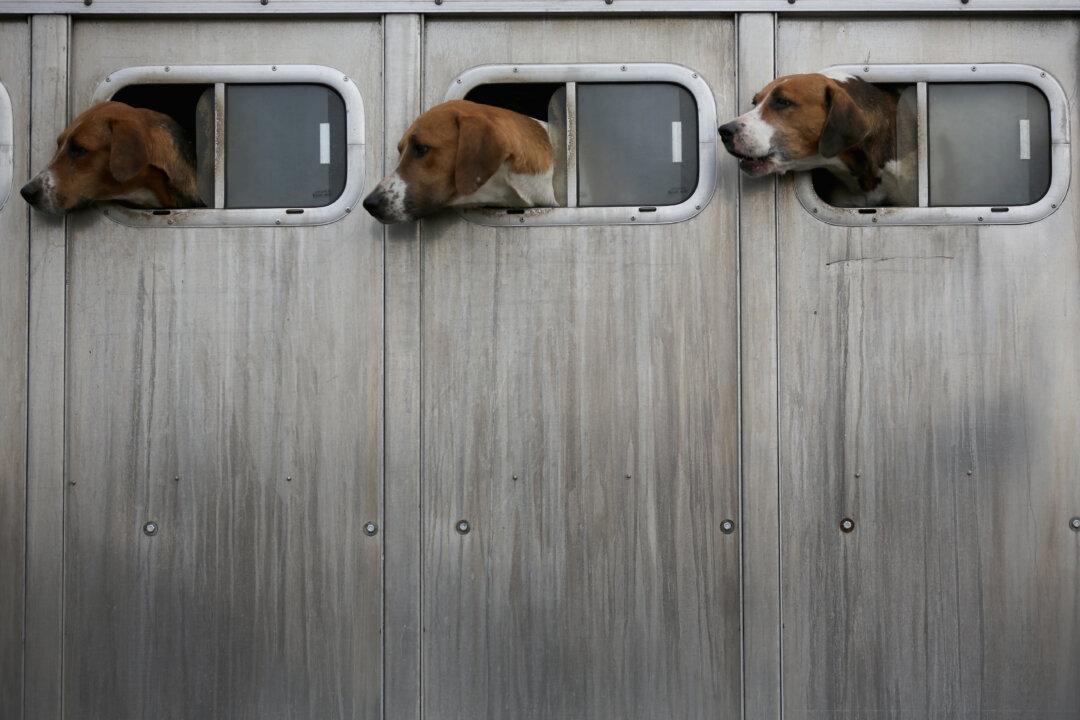Labour has pledged to undo Prime Minister Rishi Sunak’s recent policy changes on climate initiatives if they secure victory at the next general election.
Yesterday, the party committed to reinstating the 2030 deadline for the ban on new petrol and diesel car sales if they secure victory in the next election, according to Steve Reed, the shadow environment secretary.





